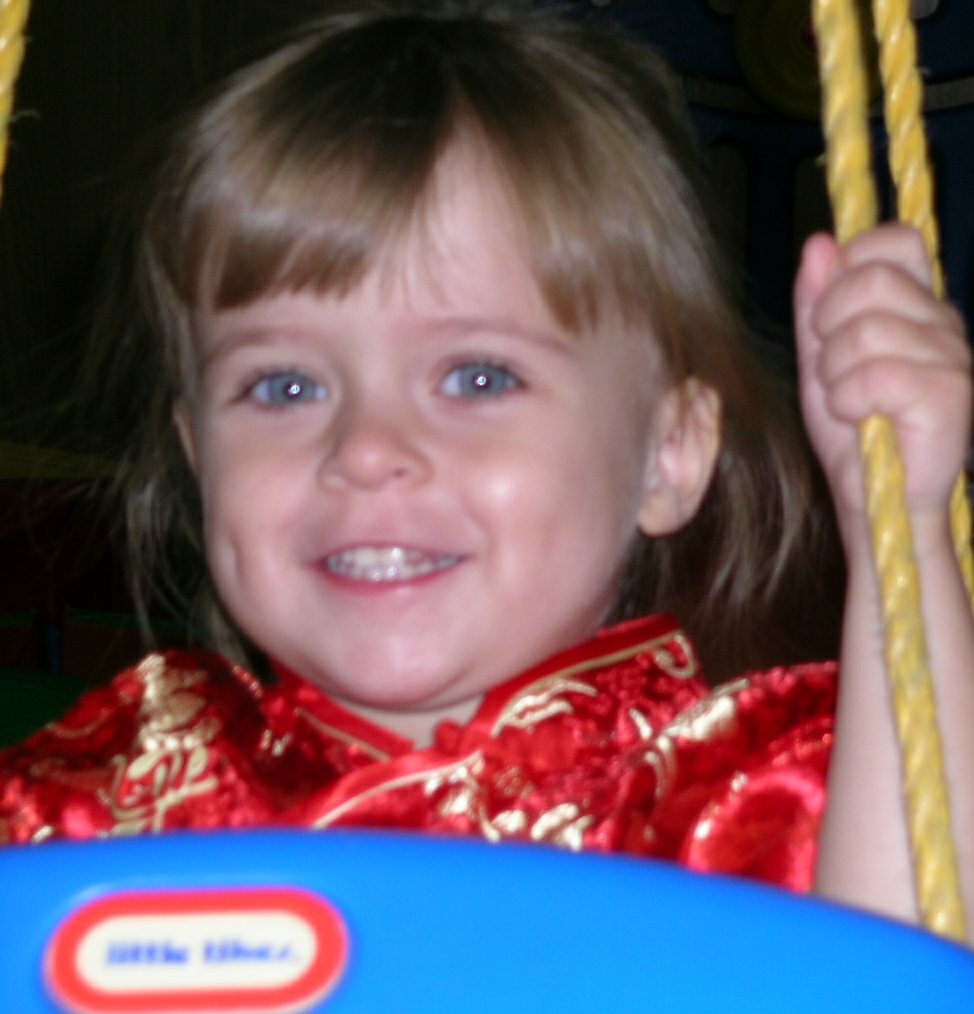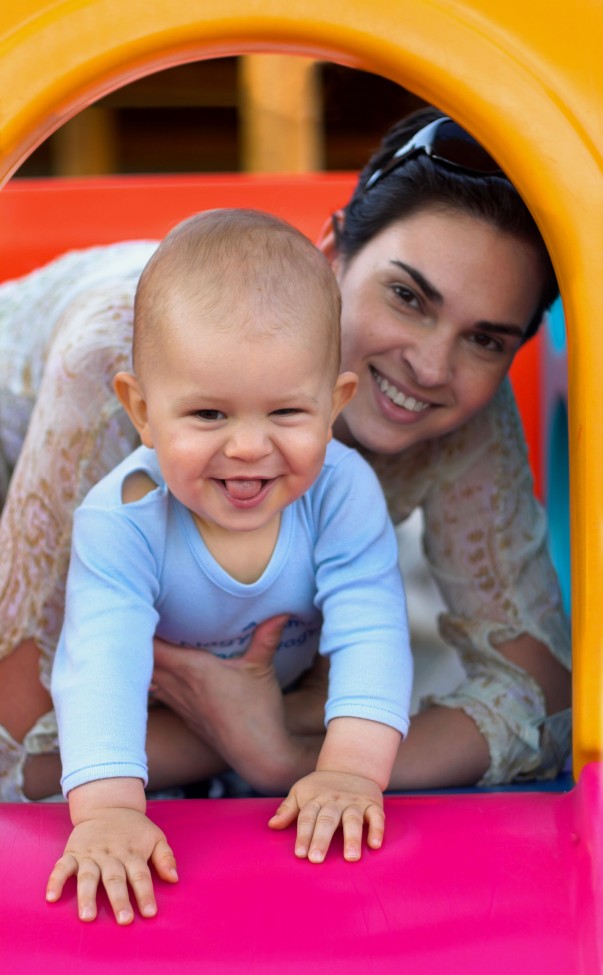About Us
We provide early childhood development services which are designed for children from birth to age 7 years with, or at risk for developmental delays. We serve primarily the Santa Clarita, AV and San Fernando Valleys in southern California.
Many of our clients are referred to us through the North Los Angeles County Regional Center, a private, non-profit organization providing services and supports to persons with developmental disabilities and their families in the San Fernando, Santa Clarita and Antelope Valleys for over 30 years.

Progressive Steps, Inc.
28093 Smyth Dr.
Valencia, CA 91355
(661)295-0181
(661)295-9776 (fax)
Ckeehne@progressivestepsca.com
Our Staff Consists of :
Speech and Language Pathologists
Licensed speech-language pathologists trained specifically to meet the communication needs of children ages 0-7 years. A speech-language pathologist will first conduct a complete speech and language assessment to determine a child’s level of functioning in the following areas as is appropriate based on the child’s age :
- receptive language development
- expressive language development
- oral-motor development
- articulation/phonological development
Once an assessment has been completed, the speech-language pathologist will develop a treatment plan to address a child’s specific speech and language needs.
Occupational Therapists
Occupational therapy – a treatment that focuses on helping people achieve independence in all areas of their lives – can provide children with various special needs with positive, fun activities to increase their participation in childhood activities. Occupational therapists use play and other activity to improve a young child’s motor, problem solving, and sensory processing skills. They help to improve the skills of young children so that they may take pleasure in the childhood experiences of building with blocks, coloring pictures, sculpting with playdough, digging in the sand, playing ball with friends, and feeding themselves with spoon and fork.
Occupational therapists work with the child and family to form a comprehensive home program in order to ensure carryover to the child’s environment and meet long-term goals.
Physical Therapists
The role of the physical therapist in early intervention is first to assess the child for the need for physical therapy. The physical therapist will assess gross motor development, strength, range of motion, muscle tone, posture, balance, coordination and quality of movement.
Once a need for physical therapy has been determined the therapist will set goals and develop a treatment plan to provide stretching, strengthening, balance and coordination training to improve the gross motor skills of the child.
Typical gross motor goals for a child may include rolling, sitting, crawling or walking as well as transitions in and out of different positions. The therapist will use toys, balls, swings and other equipment to make the therapy session fun and effective.
The physical therapist will work along with the other members of the child’s team and incorporate activities to facilitate growth in other areas of development as well, including fine motor skills, speech and cognition. The family will also be educated in activities to do at home that will provide follow through to the physical therapy program.
Another role of the physical therapist is to determine a need for any equipment or orthotic devices such as walkers, wheelchairs, standing frames or braces to provide support at the ankle. A referral will often be made to an orthopedist to assist with this process and determine other needs in this area.

